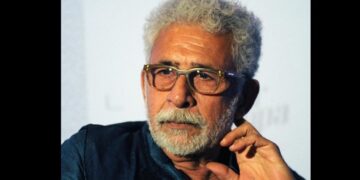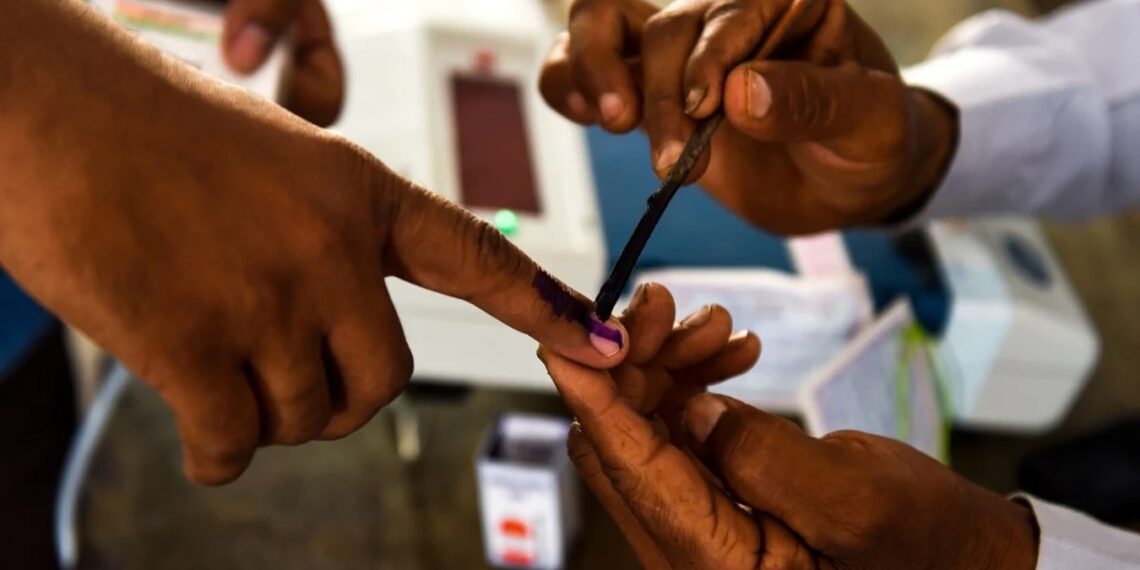KOHIMA: In a flurry of activity preceding the upcoming urban local bodies (ULBs) election in Nagaland on June 26, a total of 699 aspiring candidates have thrown their hats into the ring.
According to data released by the State Election Commission (SEC), the last day of filing nominations on June 11 saw a remarkable turnout, with 699 individuals, comprising 431 males and 238 females, stepping forward to contest in the upcoming polls.
The nomination process, which commenced on June 7, witnessed a steady influx of candidates eager to participate in the democratic process.
Leading the charge in the nominations race is the ruling Nationalist Democratic Progressive Party (NDPP), which has put forward 256 candidates, closely followed by Independents at 210.
The Bharatiya Janata Party (BJP), a key ally of the NDPP in the current People’s Democratic Alliance (PDA) government, has fielded 62 candidates.
In a notable development, the Indian National Congress (INC), inspired by its recent victory in the lone Lok Sabha contest in Nagaland, has entered the fray with 43 candidates, emerging as the third-largest party in terms of nominations, after the NDPP and BJP.
However, the Naga People’s Front (NPF) has managed to file nominations for only 24 intending candidates.
ALSO READ Nagaland civic polls: Kohima educator becomes 1st woman to declare candidacy in 20 years
Meanwhile, the enthusiasm for participation in the electoral process is not uniform across all districts.
Six districts in Eastern Nagaland have witnessed limited or zero nominations in response to a poll abstention call initiated by the Eastern Nagaland People’s Organisation (ENPO).
This abstention, rooted in a protest against the non-fulfilment of the Frontier Nagaland Territory (FNT), has led to sparse nominations in certain districts.
Notably, Tuensang and Noklak districts reported nil nominations, despite 51 intending candidates registered in SEC data.
However, there remains a possibility of withdrawals in the coming days.
In Nagaland, where there are three Municipal Councils – Kohima, Dimapur, and Mokokchung – and 36 Town Councils, the forthcoming civic elections promise to be a watershed moment with a 33% reservation for women, a long-debated issue.
With a total of 418 wards spread across 39 ULBs, including 142 wards reserved for women, the stage is set for a vibrant and inclusive electoral process.















